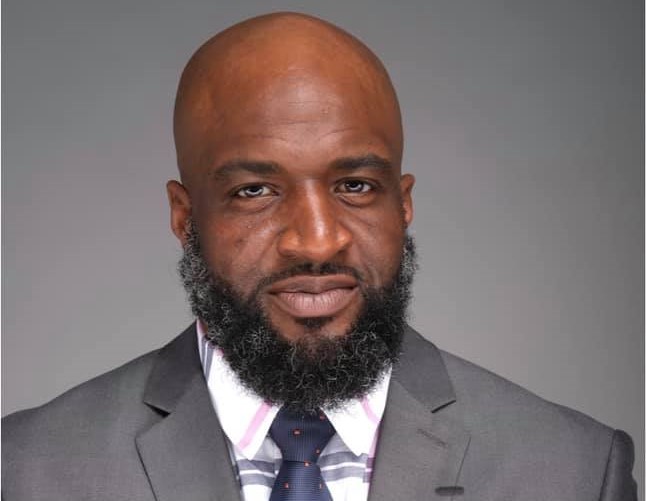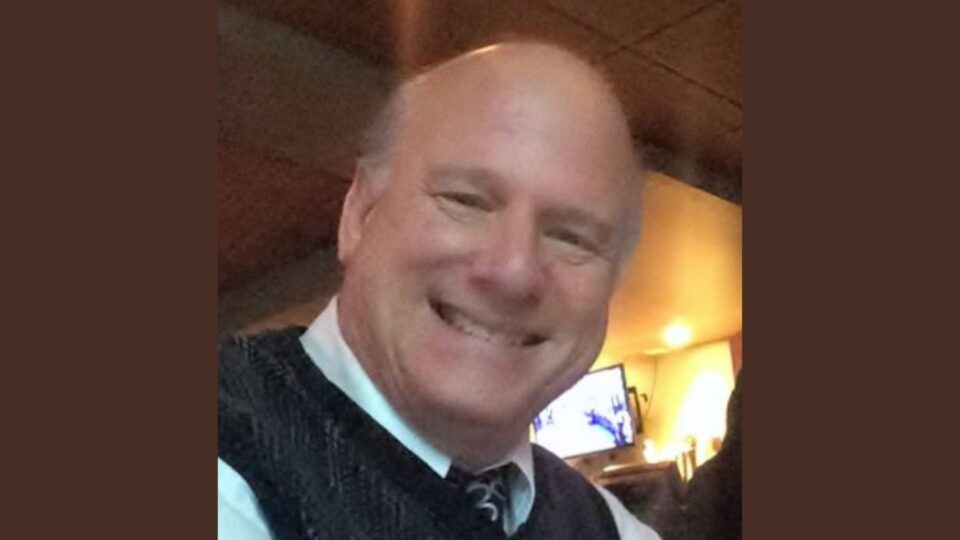
Eye on Murphy’s State Board Nominee: New Report Suggests Integrating Schools Is No Silver Bullet For Achievement Gaps
March 2, 2023
Perth Amboy Students Speak Truth to Power
March 2, 2023LEE & SPILLER: Murphy’s DOE Is The Primary Roadblock to Ending the Teacher Shortage
Harry Lee is CEO of the New Jersey Public Charter School Association. Sean Spiller is president of the New Jersey Education Association. Photo courtesy of NJ Spotlight, where this op-ed first appeared.
Teachers and indeed all who work in our schools are the backbone of our society — educating and supporting our students to reach their full potential. In New Jersey and throughout the country, the educator shortage crisis is at a tipping point. We must move urgently to ensure that we get great teachers in every classroom, along with the other staff needed for schools to succeed and students to thrive.
In 2022, the New Jersey Department of Education began the required process to revisit Chapter 9, the regulations that outline the framework for teacher preparation, licensure and professional development. This month, as the public comment period closed on the DOE’s proposed revisions, it became clear that the department had missed a critical opportunity to remove unnecessary structural barriers that are exacerbating our teacher-shortage crisis.
Public education stakeholders are almost universally united on the need to undo a number of Christie-era regulations due to the drastic decline of potential educators entering the pipeline, decreases that have been exacerbated by the pandemic. Today, districts across the state are scrambling to find enough teachers for every classroom, while qualified individuals have been blocked from the profession by bureaucratic hurdles and pointless regulations. In choosing to ignore the collective call from the field to meet the immense challenges of the moment, the DOE is showing puzzling indifference to the data and the crisis in our schools.
Getting more teachers into the pool
Solutions exist. There are three recommended Chapter 9 revisions that have received broad support from experts in the field. Each of them alone would expand the pool of people entering teacher training programs. Together, they could increase our teacher pipeline significantly.
The first request is to amend the minimum GPA requirement to qualify to become a certified teacher from 3.0 to 2.5. This change would align us with New York and Pennsylvania, neighboring states to which we are losing our teachers in droves.
There is minimal evidence that a candidate’s undergraduate GPA correlates with teacher effectiveness. A student who had a bad semester or a rough year — maybe one who took a few really challenging classes or got nearly all B’s but also a handful of B-minuses — cannot get certified to teach in our public schools. This is especially important as we work to diversify the professional educator workforce. Many prospective educators, whether they are a first-generation college student, someone coming from another career or an individual who overcame challenging life circumstances and wants to give back, have the potential to become our best teachers. If we continue to use an arbitrary barrier to keep them out, we will never discover their true potential.
Second, the Praxis Core test should be eliminated. That exam does not test the knowledge needed in the subject area of certification. Other tests for that remain. Why is it necessary for an elementary school teacher or music teacher or art teacher to master linear and quadratic equations, as is required in the Praxis Core?
Blocking Good Teachers
According to the National Council on Teacher Quality, nearly one-fourth of all teacher candidates and one-third of teacher candidates of color do not pass the Praxis Core and never enter the teaching profession. It is a costly exam that does little or nothing to keep standards high, but all too often blocks potential educators from bringing their skill, passion and practical knowledge to New Jersey’s classrooms.
The third widely supported change is the return to a one-year program for people entering teaching through an alternative route. Our schools benefit greatly from professionals across a wide variety of fields who decide later in their careers to become teachers. Prior to the Christie administration’s regulatory changes, the alternative route was a one-year program. Now it takes at least two years — and possibly more — to earn a standard certification, which reduces the number of people willing to pursue the alternative route to become teachers.
These are simple fixes that would remove barriers and open up the profession to more people, easing the teacher shortage and diversifying the educator workforce at the same time. But despite dozens upon dozens of comments in support, the DOE has, without any substantive explanation, rejected all three.
If the DOE is serious about addressing the staffing crisis in our public schools, it must at the very least address these three basic changes. If the department resists and the governor will not use his authority to prioritize these changes, we urge the Legislature to take action that will require these changes.
We stand ready to support the process because as the experts in the field and on the front lines, we know that inaction on Chapter 9 is not an option.





0 Comments
I totally agree with eliminating the Core Assessments, because it doesn’t prove anything. I believe it is a money-making assessment to determine if you are a good tester or guesser. My daughter is in the process to become an HS History teacher and because her GPA wasn’t 3.0 (2.78 if you round up it is 3.0 but not in the state’s eyes) she is taking these very stressful assessments. Also, because her SATs didn’t meet the required score she has to score 15% higher than her colleagues taking the same assessment. As a special needs student, she needs more time than 1.5 to finish and complete these assessments with proficiency, especially the writing. For she and many others like her with disabilities then need more time to process the question and their responses to receiving a passing score. I hope these changes happen quickly so individuals like my daughter who want this profession will have the opportunity to apply and teach our students.